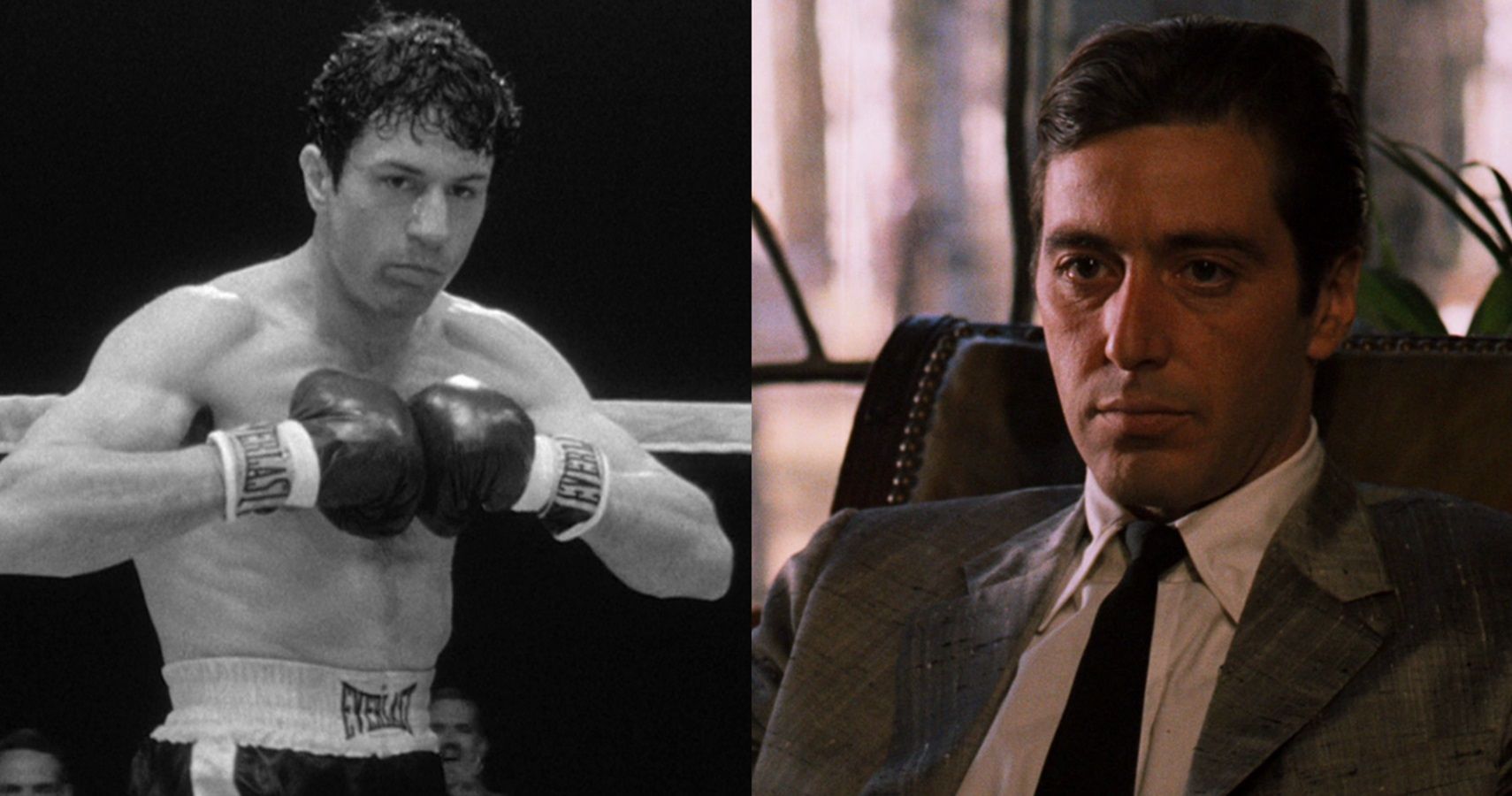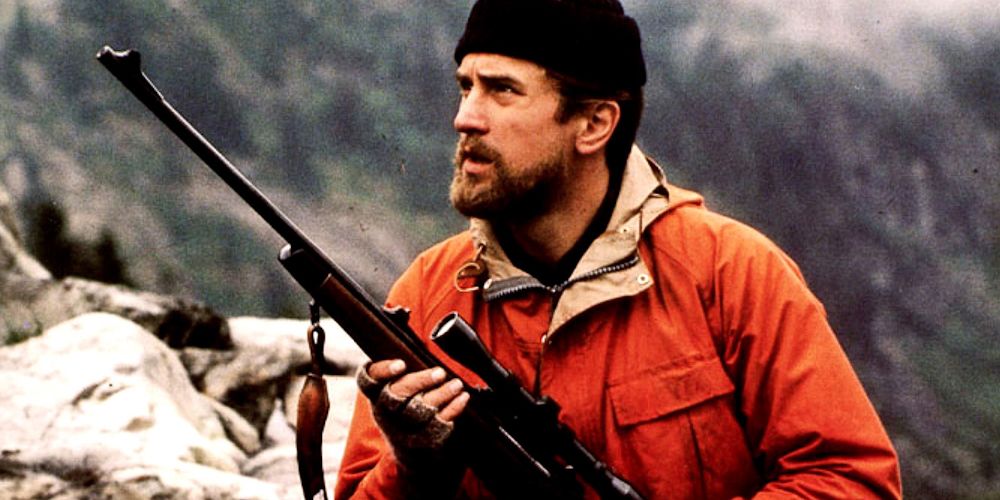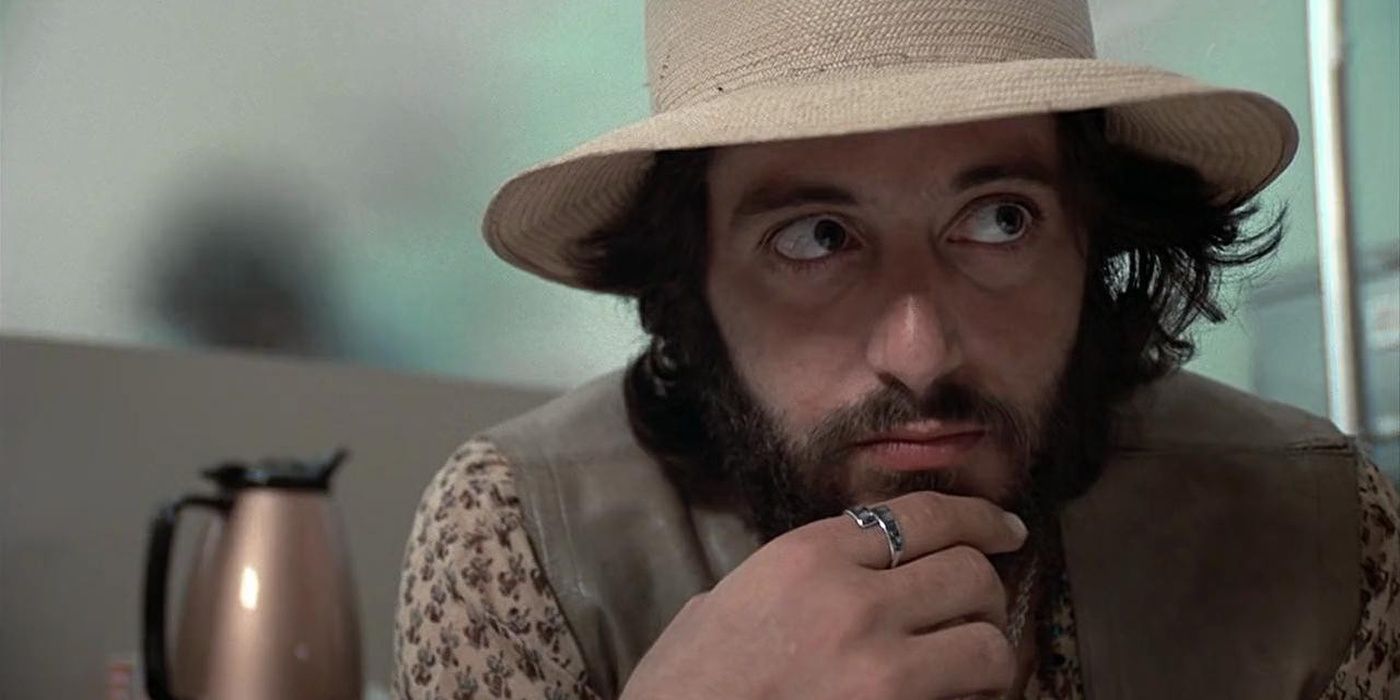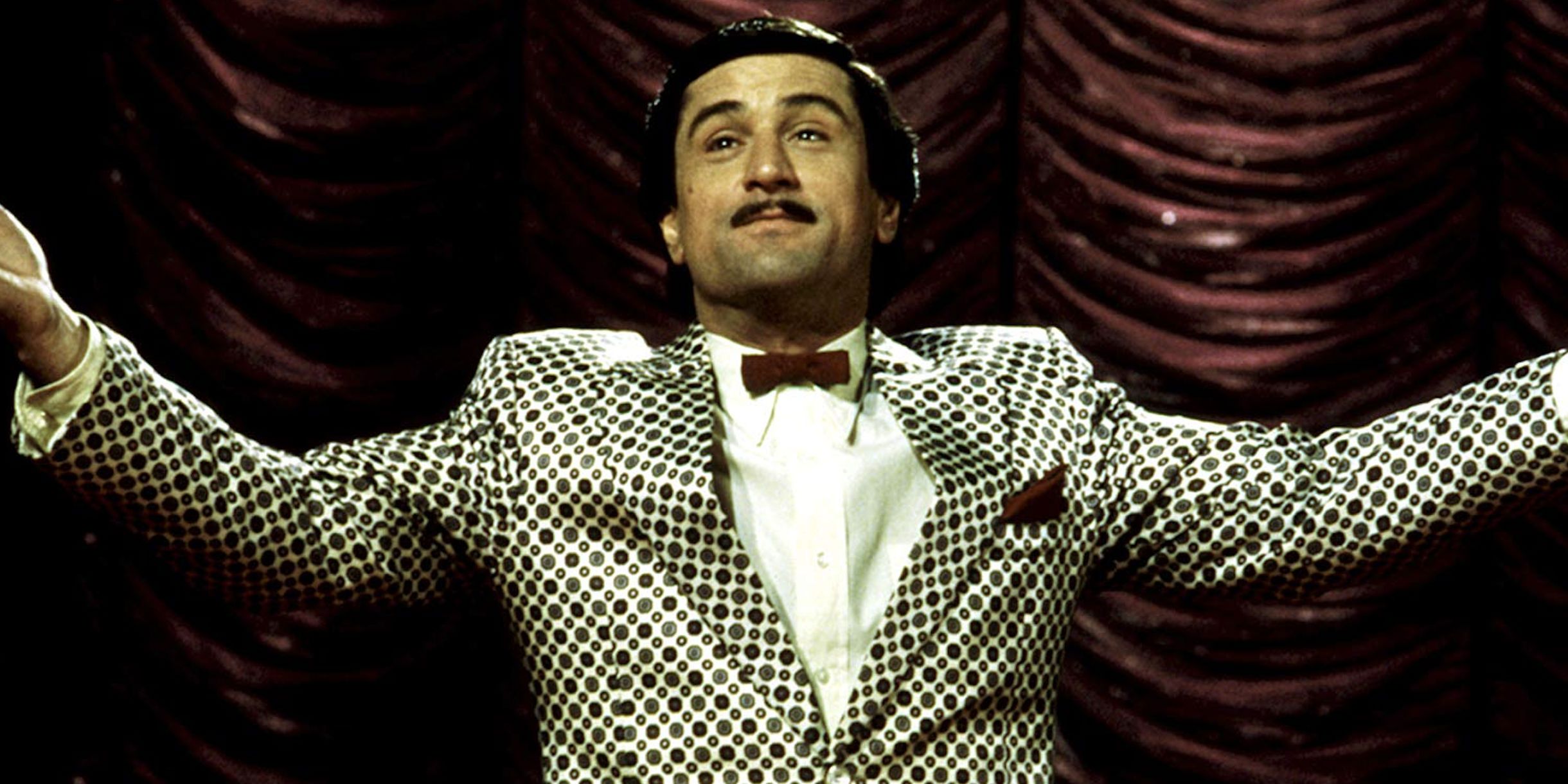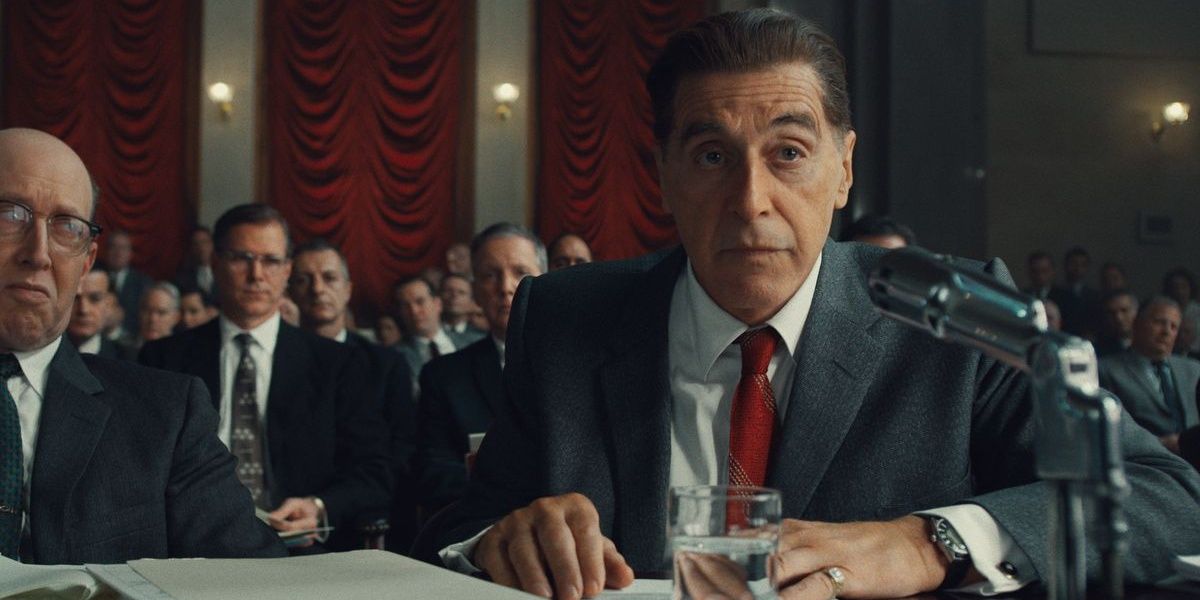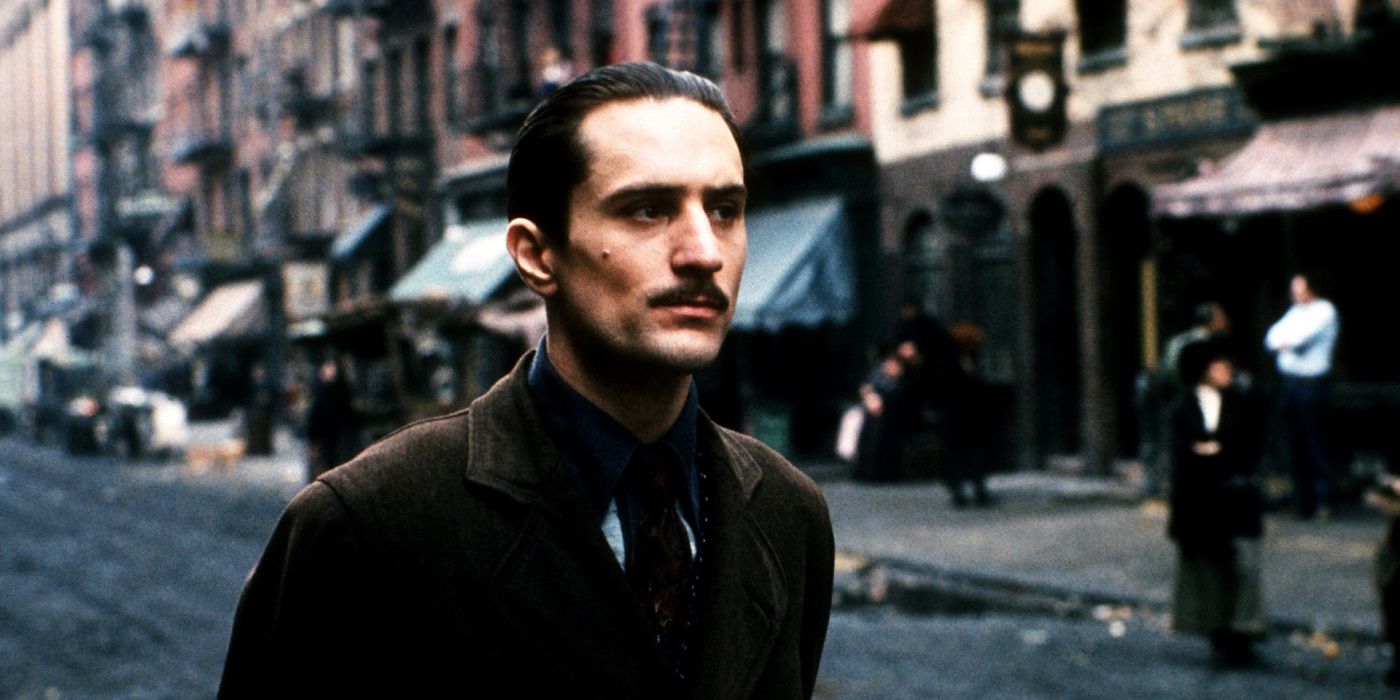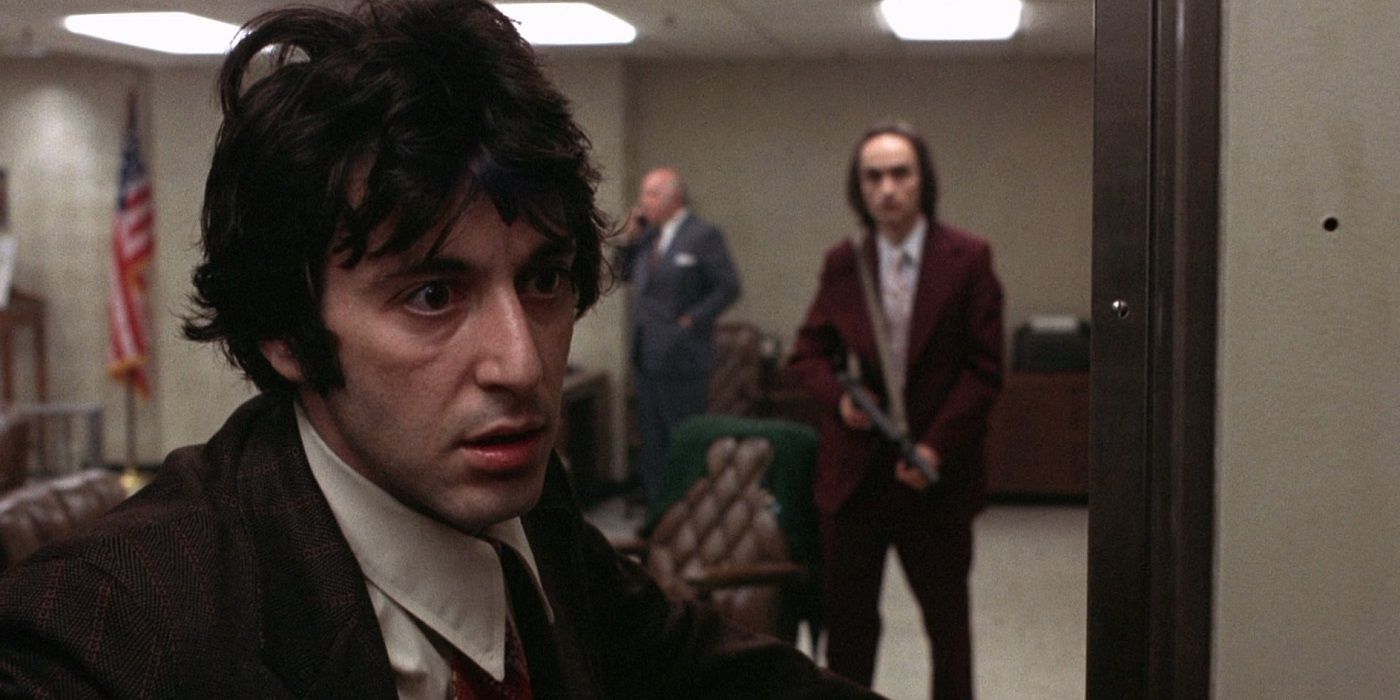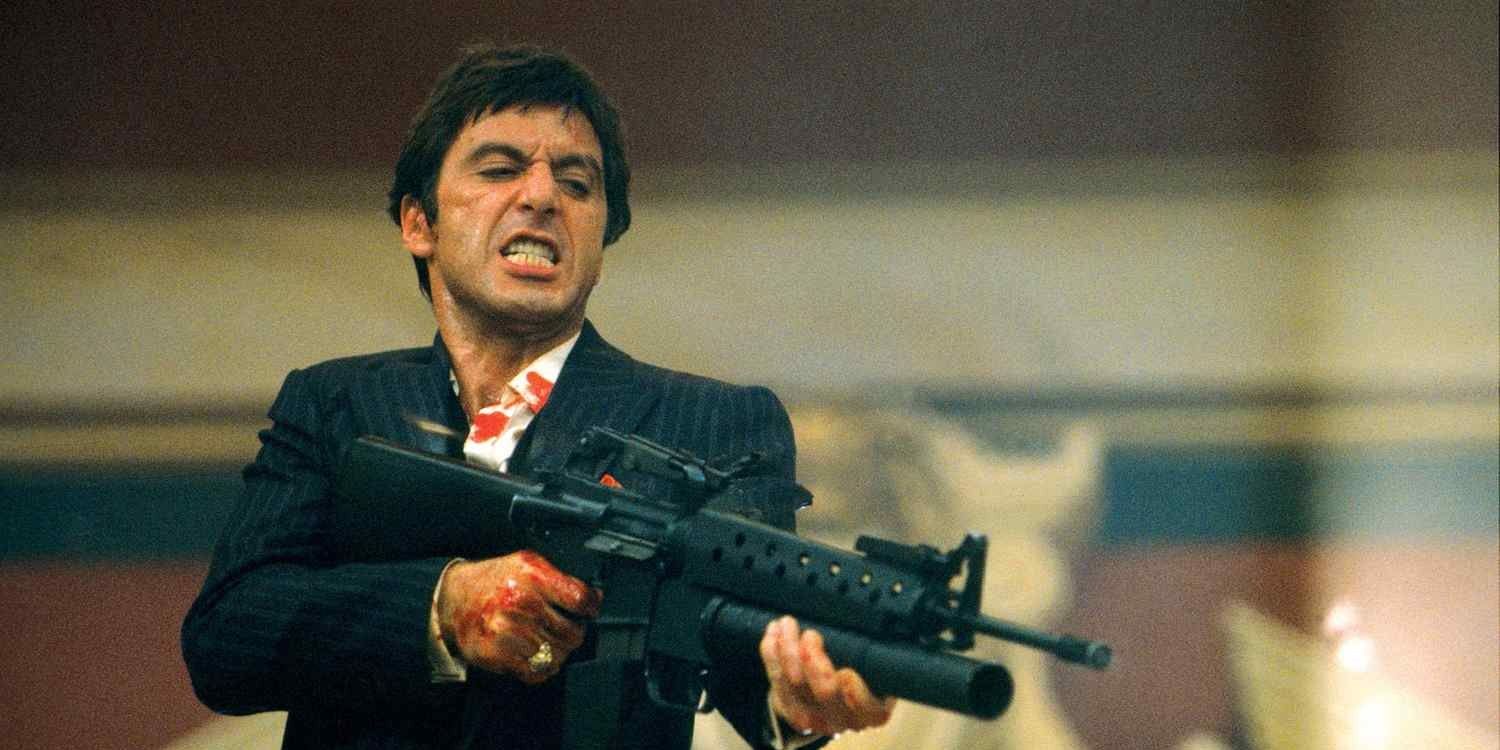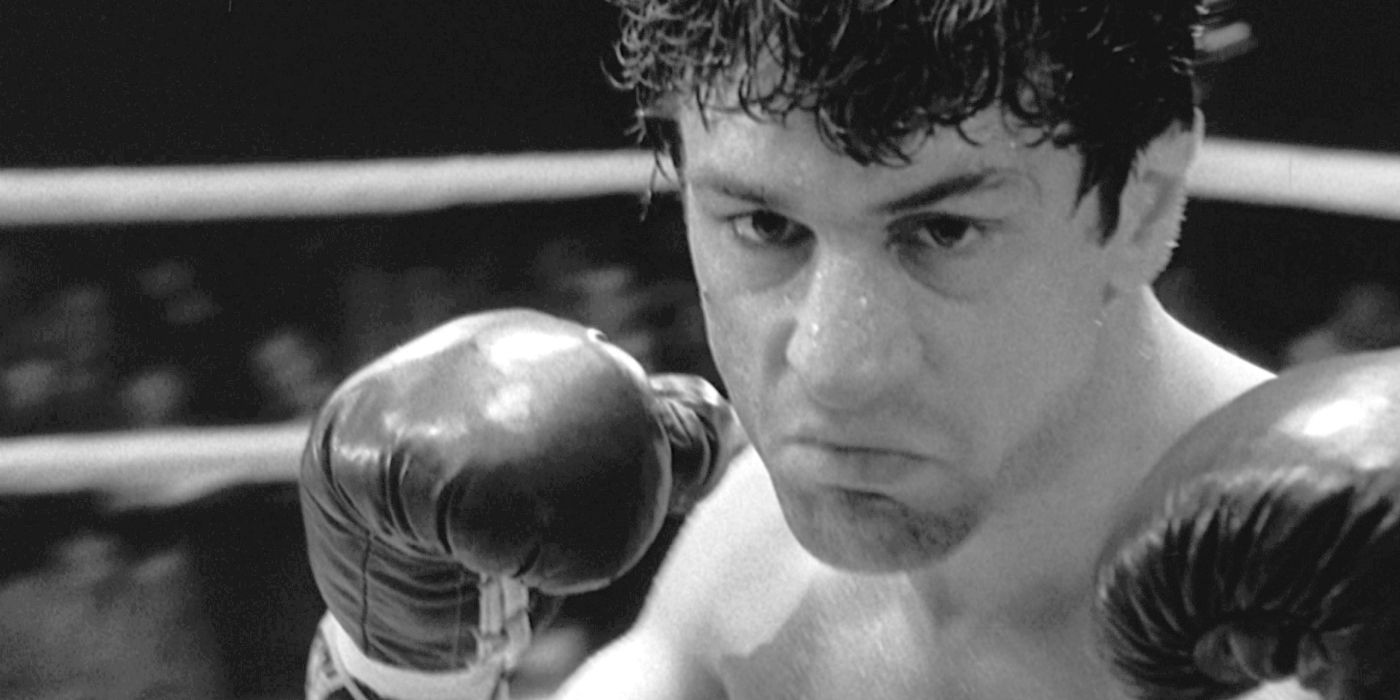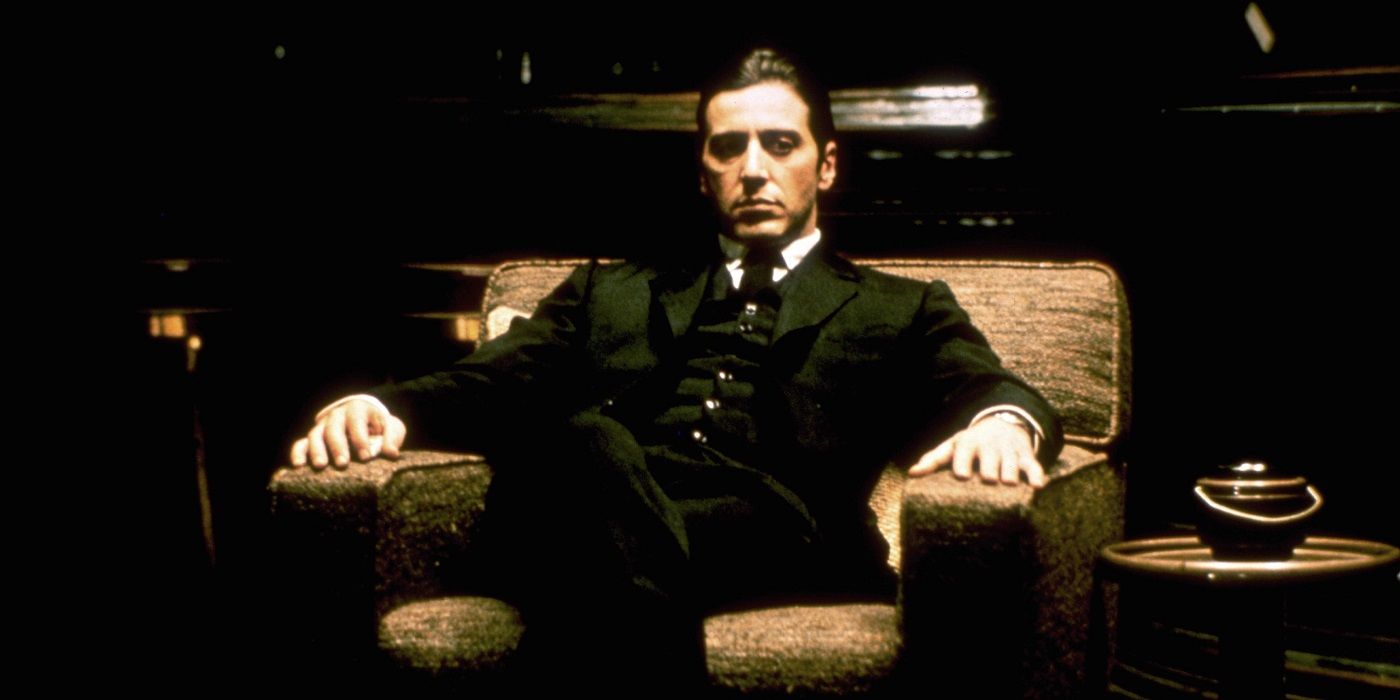“Who is the greatest actor working today?” is a question without a clear answer. There are so many talented actors out there that it’s impossible to boil it down to just one. But any discussion of this question will undoubtedly include Robert De Niro and Al Pacino, who both rose to prominence during the “New Hollywood” era of the 1970s and have continued to deliver incredible performances to this day.
It would be crazily subjective to decide whether De Niro or Pacino is a better actor, since they’ve both done some phenomenal work over the years, so here are each actor’s five best performances.
De Niro As Michael Vronsky In The Deer Hunter
Michael Cimino’s The Deer Hunter is one of the most harrowing cinematic portraits of the Vietnam War because very little of it is set during the characters’ time in Vietnam. In the three-hour movie, there are about 20 minutes of wartime scenes. It's not about the war; it’s about the effect that the war had on its veterans. The focus of the movie is on the journey that these three men embark on.
They’re just regular small-town working-class guys, trying to earn an honest living who are drafted into a horrific war, see some haunting, unforgettable things, and return home with deep-seated trauma. De Niro played every step of Michael’s journey with real humanity; by the end of the movie, he’s riddled with guilt just for being the least damaged member of the trio.
Pacino As Frank Serpico In Serpico
Al Pacino’s turn as Frank Serpico in Sidney Lumet’s aptly titled biopic Serpico is erratic and unsubtle, and it’s been a target for parody, but it works incredibly well within the context of the movie.
Mentally, Serpico is all over the place. He wants to tackle corruption on the police force, but it goes so far up that he can’t hope to make a difference. He grows more and more frustrated with the red tape, and Pacino’s performance splashes that frustration across the screen.
De Niro As Rupert Pupkin In The King Of Comedy
By the 1980s, Robert De Niro had become disillusioned with his own fame, and he channeled that into a sobering reflection on the glorification of celebrities and the desire to be famous. In King of Comedy, Rupert Pupkin is a struggling comedian who isn’t doing comedy for the sake of the art; he’s doing it because he wants to be a beloved celebrity that people ask for autographs. It’s such a shallow goal, yet Rupert is so driven by it that we can’t distinguish between what’s happening for real and what’s happening in his head.
De Niro’s performance in this movie is underrated — in fact, the movie itself is hugely underrated — possibly because its pitch-black humor isn’t very accessible, but there’s as much psychological depth in Rupert Pupkin as there is in Travis Bickle.
Pacino As Jimmy Hoffa In The Irishman
The role of assassinated union leader Jimmy Hoffa feels like one of the roles that Al Pacino was born to play. The eccentric theatricality of Pacino’s late-career line delivery goes hand-in-hand with Hoffa’s persona as a public figure.
When he’s in the public eye, he’s always putting on an image, conveying himself as the Teamsters’ president, and only revealing who Hoffa really is behind closed doors in intimate scenes with Frank Sheeran (played, incidentally, by Robert De Niro, who also gives a fantastic performance in The Irishman, though it's not necessarily a top-five pick).
De Niro As Vito Corleone In The Godfather Part II
Robert De Niro won his first Oscar for his performance as a young Vito Corleone in the prequel subplot of The Godfather Part II. De Niro was tasked with pulling an Alden Ehrenreich on one of Marlon Brando’s greatest performances just two years after Brando had initially wowed audiences in the original Godfather film.
By recapturing the essence that Brando brought to Vito, but putting his own spin on the youthful aspect of this incarnation of the character, De Niro knocked it out of the park. At times, he even steals the movie from Al Pacino — but it’s still Pacino’s movie.
Pacino As Sonny Wortzik In Dog Day Afternoon
As the viewer, we experience a kind of cinematic Stockholm syndrome as we come to identify with Sonny in Dog Day Afternoon. His motivation for the bank robbery (to pay for his partner’s gender confirmation surgery) is understandable, and his lack of preparedness comes back to bite him, which is something we can all relate to. Left with very few options, Sonny simply has to accept the inevitable.
Pacino’s face subtly tells us everything that’s going through Sonny’s panicked mind in every scene. He also shares palpable chemistry — by turns heartwarming and heartbreaking — with his old Godfather co-star (and fellow former jobbing New York actor), John Cazale.
De Niro As Travis Bickle In Taxi Driver
The best acting digs really deep into a character’s psychology, and few actors have dug deeper than Robert De Niro did when he played veteran-turned-vigilante Travis Bickle in Martin Scorsese’s neo-noir masterpiece Taxi Driver. Paul Schrader’s script made heavy use of inner monologues, but also found plenty of time for quiet, dialogue-free moments, so De Niro could really sink his teeth into this character on a number of levels, and explore what makes him tick and what takes him down this grim path.
We’re not supposed to identify with Travis, but something in a dark corner of our mind gets it: the isolation, the frustration, the unrest. De Niro’s performance takes us there.
Pacino As Tony Montana In Scarface
Brian De Palma’s Scarface is one of the most controversially violent movies ever made. But underneath all the buckets of blood and mounds of cocaine, there’s a riveting performance by Al Pacino as a Cuban immigrant who gets rich selling drugs, uses the money to get hooked himself, and ultimately falls from grace — and from his balcony.
Scarface is almost three hours long, and yet it’s endlessly rewatchable. Part of this is De Palma’s mastery of pacing, but a lot of it is Pacino’s compelling performance.
De Niro As Jake LaMotta In Raging Bull
Robert De Niro had to beg Martin Scorsese to make a biopic of Jake LaMotta, and when he finally agreed, the two created a movie that stacks up as an authentic work of art in a way that very few films do. De Niro’s wholeheartedly dedicated portrayal of LaMotta as a deeply damaged guy, grappling with some real demons, is one of the greatest performances in the history of film acting.
De Niro plays LaMotta’s anger in such a raw, brutal, real way that it’s much more shocking and terrifying and disturbing than anything you’ll find in any horror film.
Pacino As Michael Corleone In The Godfather Trilogy
Like De Niro’s turn in Raging Bull, Al Pacino’s performance as Michael Corleone across The Godfather trilogy stands as one of the finest performances in film history. At the beginning of The Godfather, Michael is a wayward veteran with a bright future in legitimate living. By the end of it, he’s assumed his late father’s role as the don.
The transition is seamless, and Pacino conveys a lot of Michael’s transformation non-verbally, which is tricky to pull off. All the payoffs are earned, because we really feel like Michael went on a journey.

